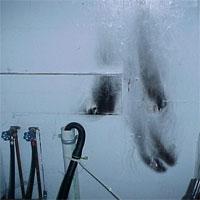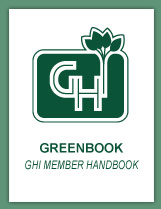-
I Want To...
Subscribe toGHI's E-News
-
Maintenance Request
Submit Request in Yardi
-
Volunteer
Sign up today
-
Access Yardi Portal
Monthly Coop Fee/Fee-For-Service Invoice
Hours of Operation
(Monday - Thursday)
Maintenance 7:30am-5:30pm
Administration Office 8:00am-6:00pm
(Friday)
Maintenance 7:30am-4:30pm
Administration Office 8:00am-5:00pm
Office and Maintenance Dept. are closed every other Friday and holidays.
Sitemap | Report a Problem | Accessibility Statement | Privacy Policy | Copyright Notice | © 2003-2024 Greenbelt Homes, Inc.
One Hamilton Place, Greenbelt MD 20770 / (t) (301) 474-4161, (f) (301) 474-4006





